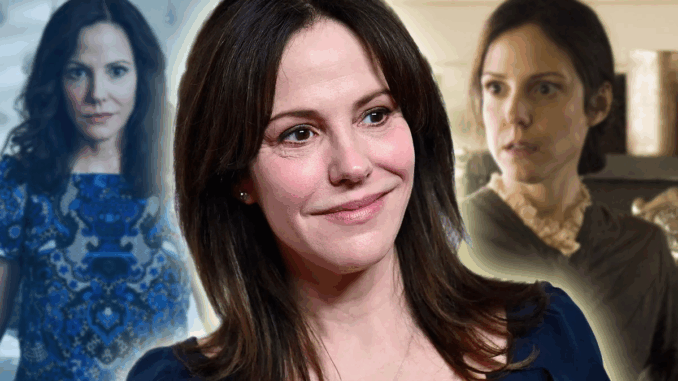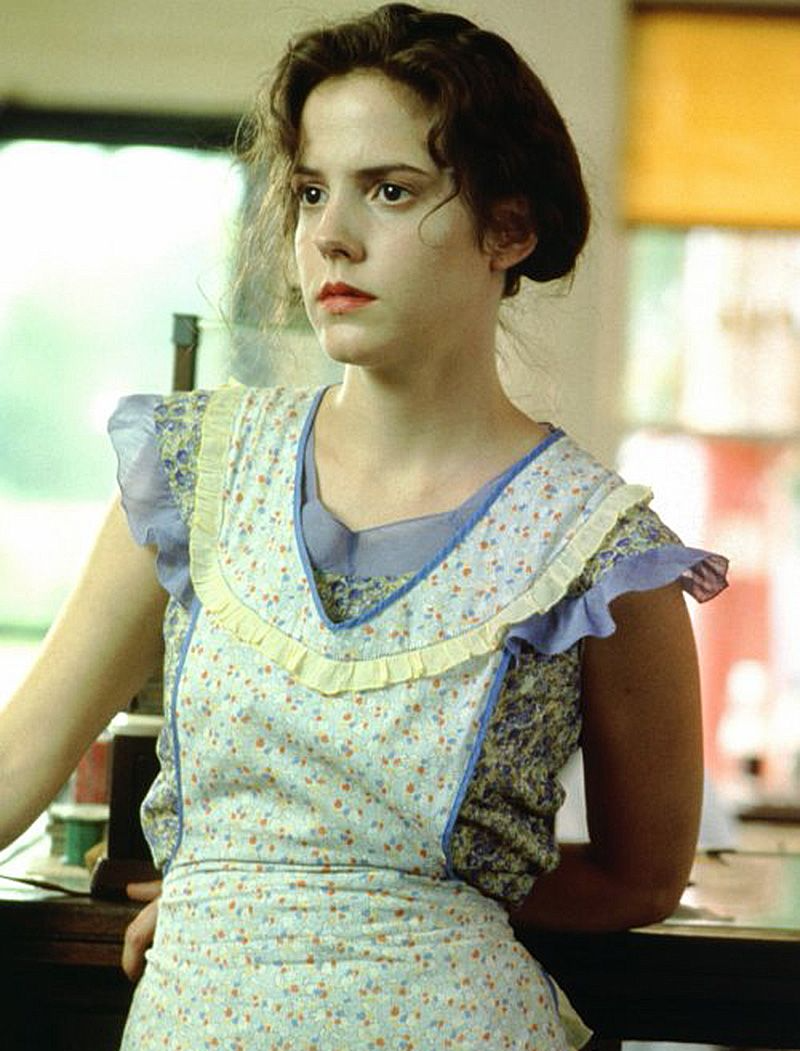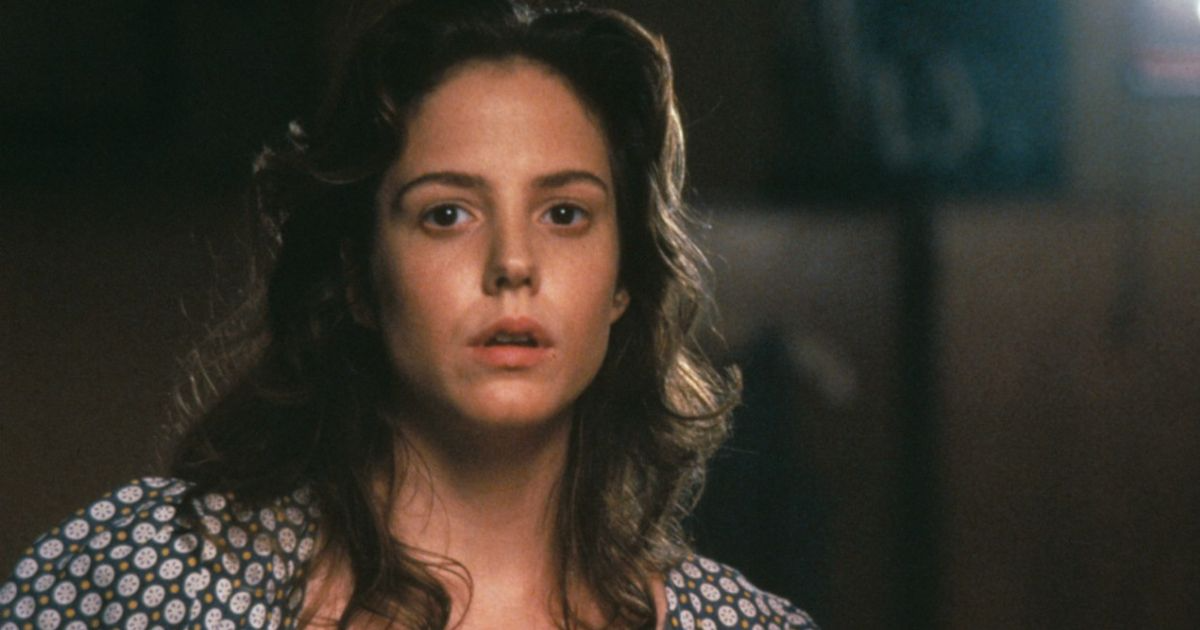
Mary-Louise Parker’s journey through the entertainment world is one defined not by noise, but by nuance — a story of talent that blooms quietly yet lasts for decades. She is an actress who never relied on fame’s glare but instead built her career on depth, grace, and an unshakable commitment to truth in performance.
Born on August 2, 1964, in Fort Jackson, South Carolina, Parker grew up in a family that embodied movement and adaptability. Her father, John Morgan Parker, served as a judge in the U.S. Army, and his assignments took the family around the world — to Thailand, Germany, and France. The constant relocation made the young Mary-Louise an observer of people and emotions. She has often spoken about how this rootless upbringing taught her empathy, a quality that later infused her acting with profound sensitivity.
Parker attended the University of North Carolina School of the Arts, where her natural talent and emotional intelligence began to shine. After graduation, she packed her ambition and moved to New York City, joining a bustling community of dreamers and artists. Unlike many who chase instant success, Parker approached her craft with quiet discipline. She studied, listened, and watched — learning not just how to act, but how to inhabit a story.
Her Broadway debut in Prelude to a Kiss marked a turning point. As Rita, a woman who experiences a magical body swap that challenges her notions of love and identity, Parker delivered a performance of subtle brilliance. The role earned her a Tony nomination and established her as one of the most promising new voices in American theater. Critics praised her for her emotional precision and her ability to express longing and heartbreak with just a glance. In an era of overstatement, Parker’s restraint was magnetic.
That success soon caught Hollywood’s attention. She transitioned to film with Fried Green Tomatoes (1991), where her portrayal of Ruth Jamison showcased the same blend of strength and gentleness that would become her trademark. The performance cemented her reputation as an actress capable of conveying powerful emotion without ever resorting to melodrama. Audiences saw not a performer but a person — flawed, graceful, and real.

Through the 1990s and early 2000s, Parker built an enviable portfolio across genres. She worked with directors like Woody Allen in Bullets Over Broadway and excelled in character-driven stories such as Boys on the Side. On television, she found critical acclaim in Angels in America, a landmark miniseries that earned her both an Emmy and a Golden Globe. Her portrayal of Harper Pitt — a fragile yet perceptive woman caught between faith and despair — was nothing short of transformative. It revealed Parker’s rare gift: the ability to express chaos and compassion within the same breath.
Then came Weeds (2005–2012), a dark comedy that would redefine her career. As Nancy Botwin, a suburban mother who turns to selling marijuana after her husband’s death, Parker delivered one of television’s most complex female characters. She balanced humor and tragedy with such finesse that viewers couldn’t help but root for her, even as she broke every rule in the book. The role won her another Golden Globe and turned her into a cultural icon.

Yet despite her achievements, Mary-Louise Parker has always resisted the celebrity spotlight. She prefers solitude to red carpets, reading to publicity, and reflection to exposure. In interviews, she often emphasizes gratitude and curiosity — two traits that keep her grounded. Her artistry seems to come not from ambition alone but from an almost spiritual pursuit of honesty.
Offstage, Parker is also a writer. Her 2015 memoir Dear Mr. You is a stunning collection of letters to the men who influenced her life — a lyrical, deeply personal work that mirrors her thoughtful approach to acting. The book confirmed what audiences already knew: Mary-Louise Parker is not just a performer but a storyteller at heart.
From a military child traveling across continents to a Broadway ingénue and award-winning actress, her rise has never been about speed or spectacle. It’s been a slow, deliberate climb — one built on integrity, emotional intelligence, and respect for the craft.
In an industry often obsessed with reinvention, Mary-Louise Parker stands out for something rarer: consistency. Her performances, whether on stage or screen, continue to feel alive, intimate, and utterly human. She doesn’t just play characters — she listens to them, understands them, and lets them breathe through her.
Her stardom, like her spirit, is quiet. But it shines all the same — a steady, unwavering light in a world too often blinded by the flash.
